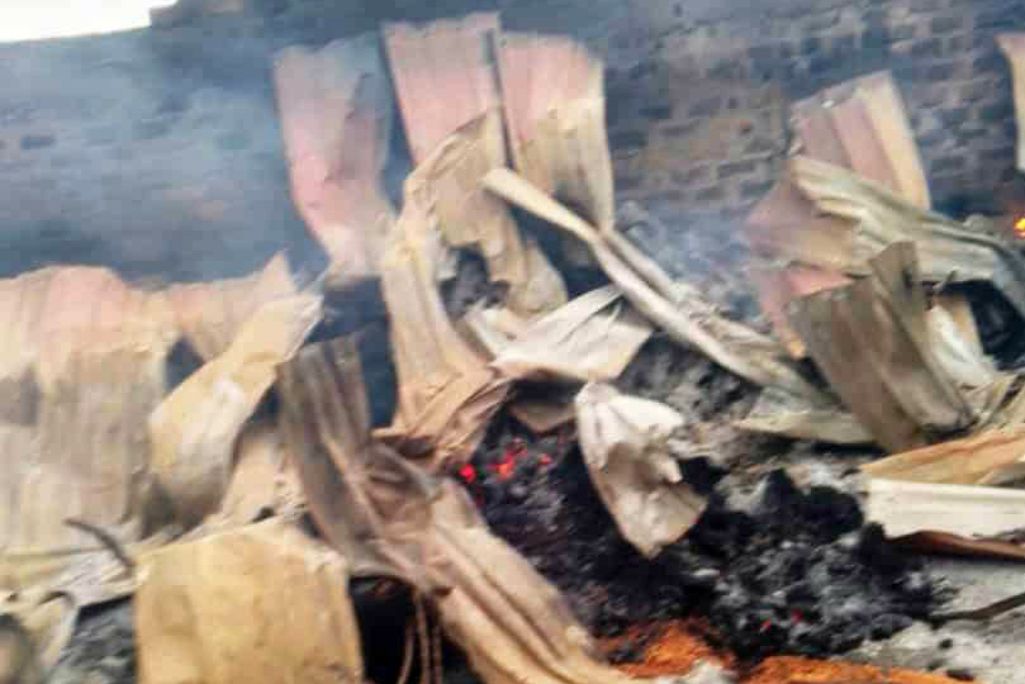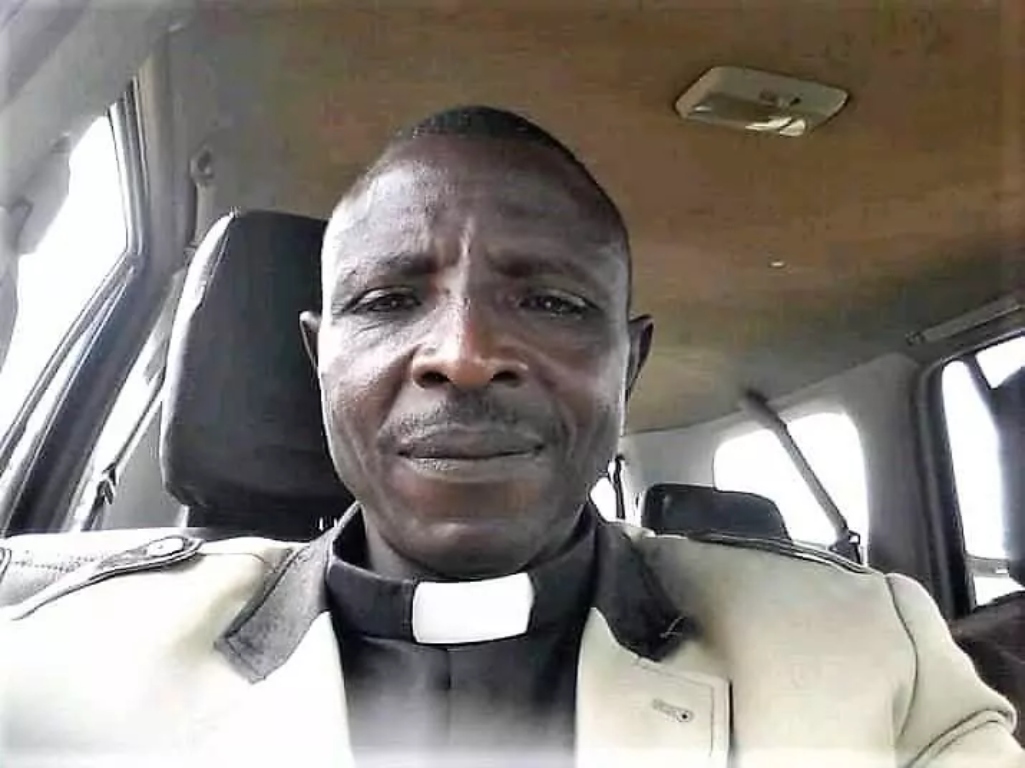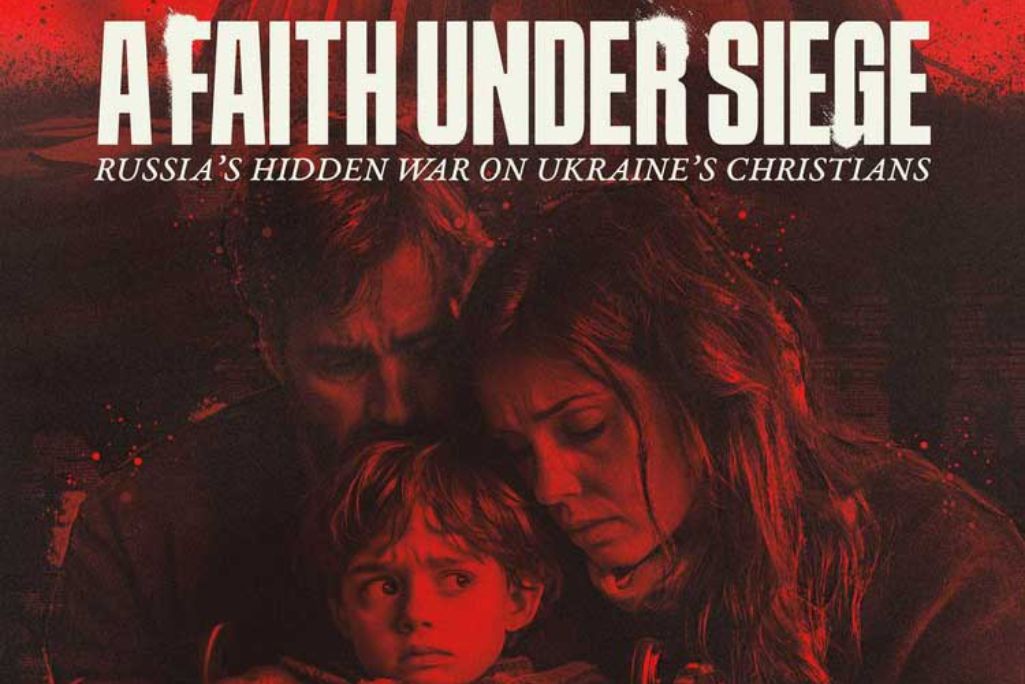
In the middle of the night on June 13, militant Fulani stormed a shelter in Yelewata, killing 200 Nigerian Christians who had fled persecution.
YELEWATA, Benue (BP) — The 500 Christians had already fled terrorism at home and found temporary shelter in storefronts transformed into living quarters in downtown Yelewata. But as they slept overnight on June 13, men identified as militant Fulani attacked from multiple sides.
Shouting “Allahu Akhbar (God is great),” militants commenced an ungodly attack, using fuel to burn the small living quarters, shooting people and attacking with machetes any who tried to escape, multiple international religious liberty advocacy groups reported.
Within two hours, 200 were dead in what Aid to the Church in Need (ACN) has labeled the “worst killing spree” in the region to date.
Ukuma Jonathan Angbianbee, a local Catholic priest, told ACN he survived by dropping to the floor as the gunshots began.
“What I saw was truly gruesome. People were slaughtered. Corpses were scattered everywhere,” ACN quoted Angbianbee. “When we heard the shots and saw the militants, we committed our lives to God. This morning, I thank God I am alive.”
The vast majority of those sheltered at the site had fled violence in Nasarawa and Benue, International Christian Concern (ICC) reported.
Local law enforcement arrived hours too late, a leading priest in the Diocese of Makurdi told ACN.
“Where were they the previous evening when we needed them?” ACN quoted the priest. “This is by far (the) worst atrocity we have seen. There has been nothing even close.”
Local law enforcement managed to stave off an attempted attack on St. Joseph’s Church in Yelewata, where 700 displaced persons were sheltered, preceding the downtown Yelewata slaughter. Seeing the resistance, militants retreated to the second site that was unguarded.
Entire families were killed, including babies and the elderly, witnesses said.
While initial reports indicated a death toll of 100, an investigation by the Diocese of Makurdi Foundation for Justice, Development and Peace found 200 people were killed, a total confirmed by ICC.
On the same night as the Yelewata attack, Fulani militants killed between two and five Nigerian soldiers at a military post near Daudu town, ICC reported, referencing Benue’s Leadership News as a source.
“Our tactical teams responded swiftly, and some of the attackers were neutralized,” Deputy Superintendent of Police Sewuese Edet told Leadership News, adding that several civilians were killed and wounded in the attack.
The Yelewata attack comes weeks after Palm Sunday and Easter attacks in Benue and Plateau that killed 240 Christians, many of them as they sheltered in a church.
In recent weeks, ICC reported, Fulani militants have launched attacks in broad daylight, including the June 11 ambush and murder of three Christian farmers — and a 9-month-old baby with the group — returning from their farm in Bassa County, Plateau state, with harvested vegetables.
Nigerian law enforcement and national security have long been accused by Nigerians and members of the international community of inadequate or no intervention to stop militant and terrorist attacks against Christians and civilians.
More Christians are killed for their faith in Nigeria than anywhere else in the world, Open Doors reports annually in its World Watch List of the 50 most difficult places for Christians to live, with 3,100 Christians killed there in 2024.
Attacks against Christians have escalated in Nigeria’s Middle Belt and nationwide. Attacks by radicalized Islamic ethnic Fulani militia are a main driver of violence there. Fulani militants attack farming communities heavily populated by Christians, killing many hundreds, Open Doors reported, adding to attacks elsewhere in Nigeria by Jihadist groups such as Boko Haram and Islamic State in West Africa Province, among others.
Fulani are predominantly Muslim and comprise numerous clans totaling millions in Nigeria and across the Sahel. Most do not hold extremist views.
(EDITOR’S NOTE — Diana Chandler is Baptist Press’ senior writer.)


